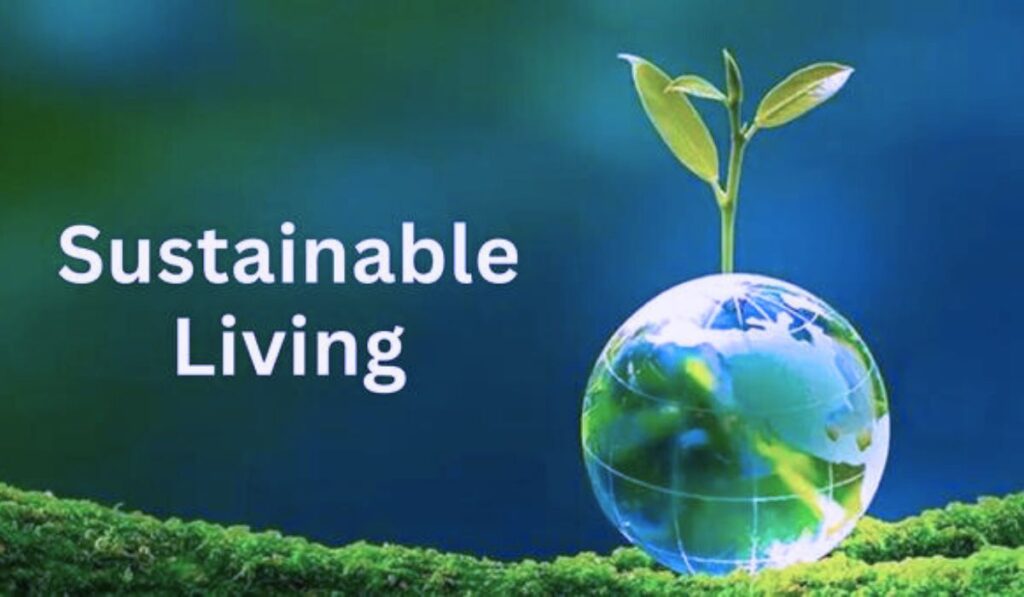In an era marked by environmental concerns and a growing sense of responsibility towards the planet, eco-conscious living has emerged as a crucial lifestyle choice. Adopting sustainable practices not only benefits the environment but also contributes to personal well-being and the health of future generations. Living lightly, or minimizing one’s ecological footprint, has become a rallying cry for individuals seeking to make a positive impact through their daily choices and actions.
Embracing Minimalism
At the heart of living lightly lies the principle of minimalism – the intentional pursuit of less. By decluttering our lives and possessions, we reduce waste and consumption, leading to a more sustainable lifestyle. Minimalism encourages us to prioritize experiences over material possessions, fostering a deeper appreciation for the world around us.
Sustainable Consumption
Eco-conscious living entails making mindful decisions about what we consume and how it is produced. Opting for locally sourced, organic food reduces the carbon footprint associated with transportation and supports local farmers. Similarly, choosing products with minimal packaging or opting for reusable alternatives helps to reduce waste and combat the proliferation of single-use plastics.
Energy Efficiency
Reducing energy consumption is a cornerstone of eco-conscious living. Simple changes such as switching to energy-efficient appliances, using programmable thermostats, and insulating homes can significantly lower energy bills and minimize environmental impact. Embracing renewable energy sources like solar or wind power further reduces reliance on fossil fuels and helps combat climate change.
Sustainable Mobility
Transportation is a significant contributor to carbon emissions, making sustainable mobility an essential aspect of eco-conscious living. Choosing to walk, bike, or use public transportation whenever possible reduces greenhouse gas emissions and promotes a healthier lifestyle. For longer journeys, carpooling or investing in fuel-efficient vehicles can help minimize environmental impact.
Conscious Consumerism
Being a conscious consumer involves scrutinizing the environmental and ethical implications of the products we buy. Supporting companies with transparent and sustainable practices encourages responsible production and fosters a culture of corporate accountability. By voting with our wallets, we can drive positive change in industries ranging from fashion to electronics.
Mindful Waste Management
Effective waste management is essential for reducing our ecological footprint. Embracing the principles of reduce, reuse, and recycle helps minimize the amount of waste sent to landfills. Composting organic waste not only diverts it from landfills but also produces nutrient-rich soil for gardening. Embracing a zero-waste lifestyle, where possible, further reduces the burden on the environment.
Community Engagement
Living lightly is not just an individual endeavor but a collective effort. Engaging with local communities and environmental organizations allows individuals to amplify their impact and effect change on a broader scale. Participating in community clean-up events, supporting environmental initiatives, and advocating for sustainable policies empower individuals to make a difference in their communities.
Conclusion
Living lightly is a journey towards a more sustainable and fulfilling way of life. By embracing minimalism, making mindful consumption choices, prioritizing energy efficiency, promoting sustainable mobility, practicing conscious consumerism, adopting mindful waste management practices, and engaging with our communities, we can each contribute to a healthier planet for current and future generations. Through collective action and individual choices, we can turn the tide on environmental degradation and create a more sustainable world for all.


